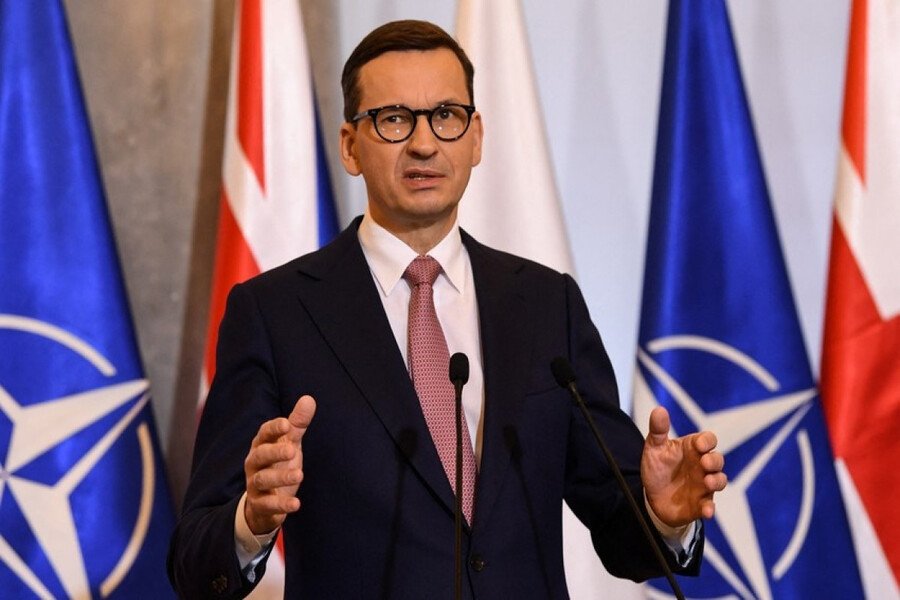Poland’s Prime Minister has expressed growing concerns as reports emerge of Wagner Group fighters moving closer to the Polish border. The Wagner Group, a private military company with links to Russia, has been involved in various conflicts worldwide. In this article, we delve into the implications of the Wagner Group’s proximity to the Polish border, its potential risks, and Poland’s response to this unsettling development.
The Wagner Group’s Movement
The Wagner Group, known for its mercenary activities, has reportedly been observed moving closer to Poland’s border. This development has triggered alarm bells within the Polish government and raised questions about the group’s regional intentions.
Tensions in Eastern Europe
Wagner fighters near the Polish border add to the existing tensions in Eastern Europe. The region has witnessed geopolitical complexities and conflicts, and the emergence of private military companies in this context only exacerbates concerns about stability and security.
Potential Risks and Implications
The Wagner Group’s proximity to Poland’s border presents several potential risks and implications:
1. Border Security
Poland views the movement of Wagner fighters with the utmost concern for its border security. Armed groups near national boundaries raise the possibility of border incursions, smuggling, and other security challenges.
2. Regional Stability
The presence of the Wagner Group in the vicinity could further destabilize the already sensitive geopolitical situation in Eastern Europe. It may escalate existing conflicts or trigger new ones, leading to regional instability.
3. Relations with Russia
The Wagner Group’s links to Russia have raised suspicions about the Russian government’s involvement or support for their activities. This development could strain Poland’s relations with Russia and impact regional diplomatic efforts.
4. NATO Allies’ Response
As a member of NATO, Poland’s concerns will likely draw attention from its allies. The situation may prompt discussions within the NATO framework and trigger measures to address potential security threats collectively.
Poland’s Response
In response to the Wagner Group’s movement, Poland’s government has taken several preventive measures:
1. Heightened Surveillance
Polish authorities have enhanced surveillance along the border to monitor any activities and movements of the Wagner Group closely. This step aims to gather real-time intelligence and ensure the country’s security.
2. Diplomatic Engagement
Poland has engaged in diplomatic efforts to address its concerns and seek clarification from relevant parties. Diplomatic channels are crucial in managing tensions and understanding the intentions behind the Wagner Group’s movements.
3. Coordination with NATO Allies
Poland is coordinating with its allies as a NATO member to share information and discuss potential responses to the situation. Collective actions within the NATO framework are essential to ensure regional security and stability.
Conclusion
The Wagner Group’s movement closer to the Polish border has heightened concerns within Poland and the broader international community. With potential risks to border security, regional stability, and diplomatic relations, this development warrants careful monitoring and coordinated efforts. Poland’s proactive response, including heightened surveillance, diplomatic engagement, and coordination with NATO allies, reflects the gravity of the situation and the country’s commitment to safeguarding its national security and regional stability.














































Comment Template